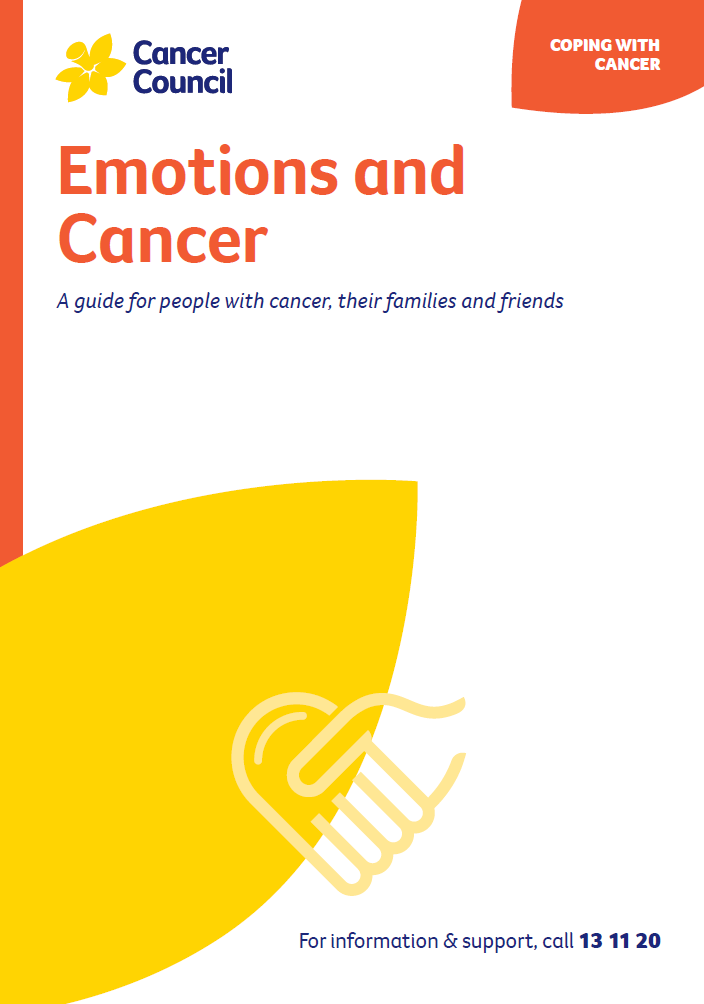Behaviours
Grieving may lead to different behaviours. Find out how to balance rest and activity while navigating your emotions.
| Changes in behaviour during grief | You may act differently when you are grieving. You may try to keep yourself busy, sleep a lot or find it hard to complete even simple tasks. Many people avoid reminders of the person who died because of the intense emotions. These different behaviours are normal but can make it difficult to settle into a routine. |
| Coping mechanisms: risks of substance use | Some people smoke, drink alcohol or use other non-prescribed drugs. While these behaviours may give short-term relief, they often only delay the experience of grief and can lead to more serious problems. |
| Seeking help for substance use | If you or others are concerned about your use of alcohol or other drugs, ask your GP for help and support. |
Tips for establishing helpful behaviours
- Try to live day-to-day rather than looking too far ahead or backwards.
- Balance rest and activity. Set small goals and congratulate yourself when you achieve them.
- Have an alternative plan ready in case you’re not up to a planned activity.
- Go easy on yourself. You may need to relax your usual routines or standards while you are grieving.
- Keep to a daily routine that includes the time you get up, get dressed, eat meals and go to bed. This can help you maintain healthy habits and self-esteem.
- Have something to look forward to (e.g. buying a bunch of flowers; having a massage; listening to music; getting a haircut; enjoying a live performance or visiting a coffee shop).
- Schedule days now and again without any plans or goals to give yourself a chance to recharge.
→ READ MORE: Spiritual beliefs and faith
Podcast: Coping with Grief
Listen to more episodes from our podcast for people affected by cancer
A/Prof Lisa Beatty, Associate Professor in Clinical Psychology and Consulting Clinical Psychologist, Flinders University Institute of Mental Health and Wellbeing, SA; Sandra Anderson, Consumer; Dr Alexandra Clinch, Palliative Medicine Specialist and Deputy Director, Palliative Care, Peter MacCallum Cancer Centre and Royal Melbourne Hospital, VIC; Christopher Hall, Chief Executive Officer, Grief Australia; Nathan MacArthur, Specialist Grief Counsellor and Accredited Mental Health Social Worker, Sydney Grief Counselling Services, NSW; Linda Magann, Clinical Nurse Consultant – Palliative Care, St George Hospital, NSW; Palliative Care Australia; Richard Upton, Consumer; Lesley Woods, 13 11 20 Consultant, Cancer Council WA.
View the Cancer Council NSW editorial policy.
View all publications or call 13 11 20 for free printed copies.
